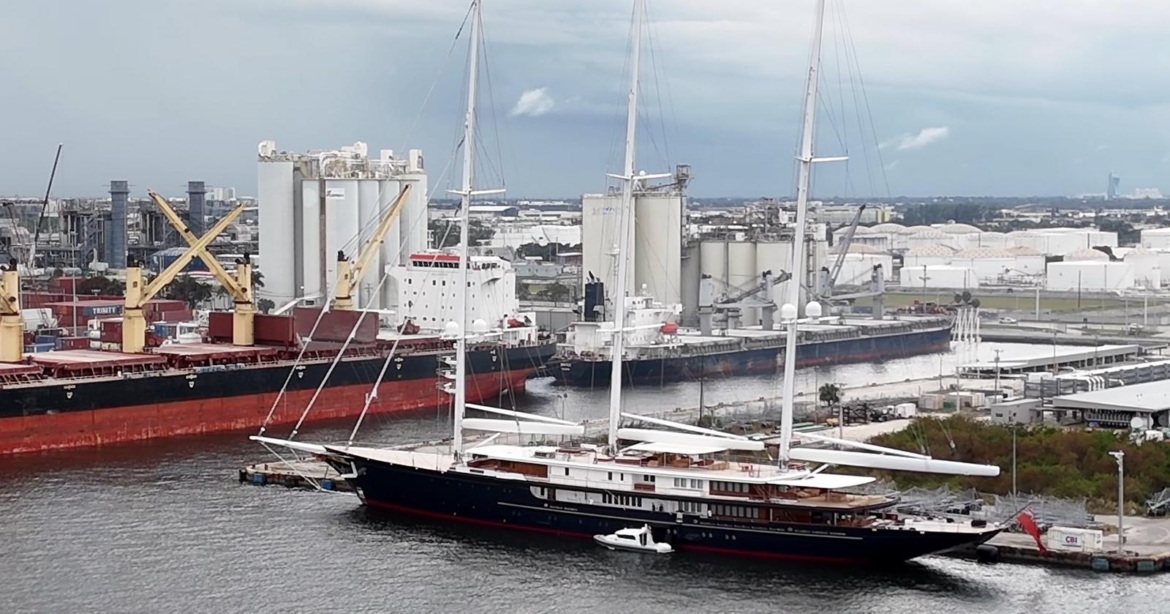Yes, size matters, especially in Maine, where lawmakers are proposing an “impact fee” on megayachts. Private or charter vessels over 150 feet in length would be charged $10 per foot beyond the 150-foot threshold for every consecutive day they are docked, up to 30 days, according to Maine Wire. To put it simply, a 200-foot yacht would incur a fee of $2,000 per day. For floating goliaths like Mark Zuckerberg’s 387-foot-long Launchpad, David Geffen’s 453-foot-long Rising Sun, or Walmart heiress Nancy Walton’s 361-foot-long Kaos superyacht, this surcharge will translate into tens of thousands of dollars in additional expenses, even for just a few days of docking in the state of Maine. In addition to their carbon emissions, these colossal vessels occupy valuable slip space and contribute to offshore water pollution by dumping refuse, further amplifying their environmental impact.
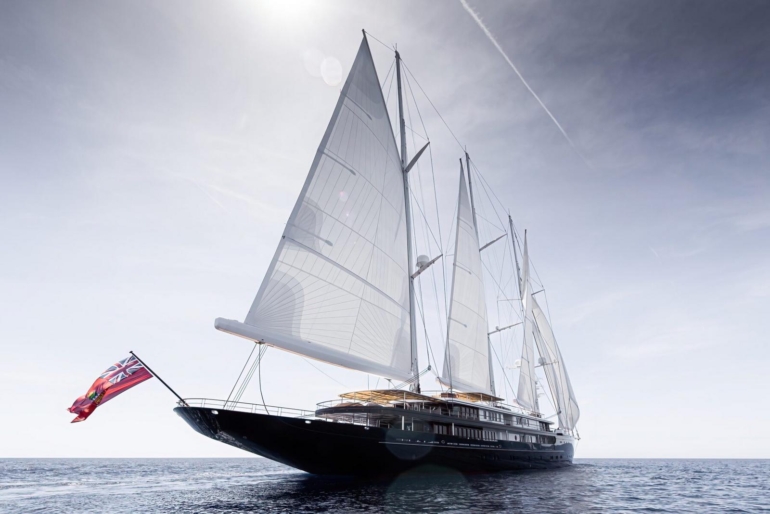
For mammoths like centibillionaire Jeff Bezos’ $500 million Koru, the costs skyrocket due to its sheer size. The 417-foot Oceanco beauty, the world’s largest sailing yacht with three masts towering 230 feet high, would face a bill of $4,170 per day.
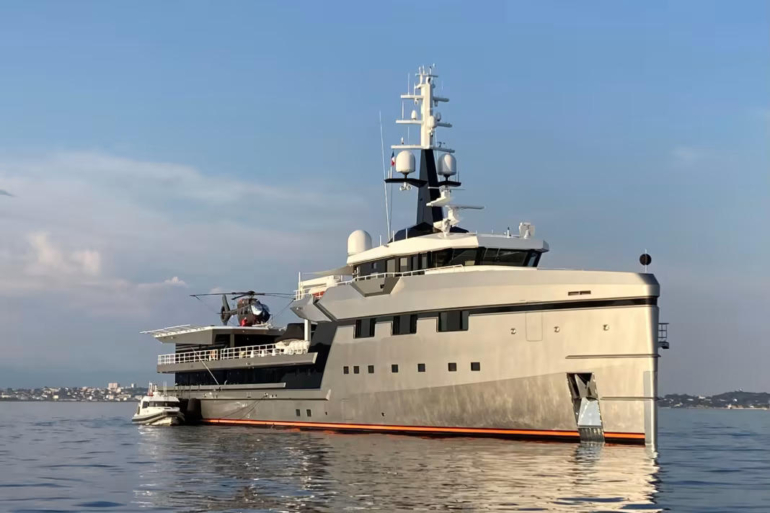
But the expenses don’t end there for the Amazon founder, as his schooner is accompanied by Abeona, a $75 million, 247-foot support vessel, which racks up an additional $2,470 daily. Docking this sailing duo in Maine would set Bezos and his fiancée, Lauren Sanchez, back $6,640 per day.

Of course, that’s pocket change for the world’s second-richest man, worth $239 billion, who spends between $50 million and $60 million annually on his luxury vessels, translating to at least $165,000 per day. To put things into perspective, $6,640 represents just 4 cents out of every dollar he spends, or a mere 0.04% of his daily expenditure. Beyond the financial implications, the new measure is aimed at improving Maine’s harbors and surroundings.
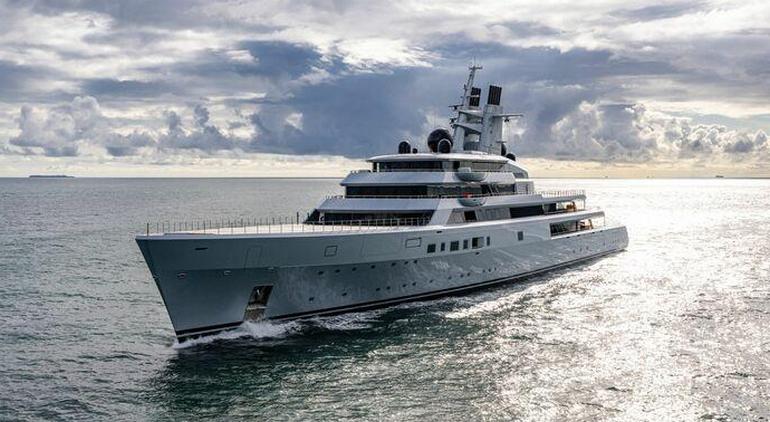
Under the law, municipalities would retain 10% of the fees collected, while the remaining 90% would go to the state’s newly created Megayacht Fund. This fund would split its revenue equally between enhancing municipal harbor infrastructure and supporting public transit initiatives, such as ferries and land-based transportation.

Maine senator Rick Bennett, the architect of the bill, explained its rationale: “Megayachts in our waters have positive economic effects but also come with externalities, taking up slip space, dumping refuse in offshore waters, and contributing to carbon emissions. By one estimate, if megayachts were their own country, they would rank 110th out of 211 in carbon emissions.”
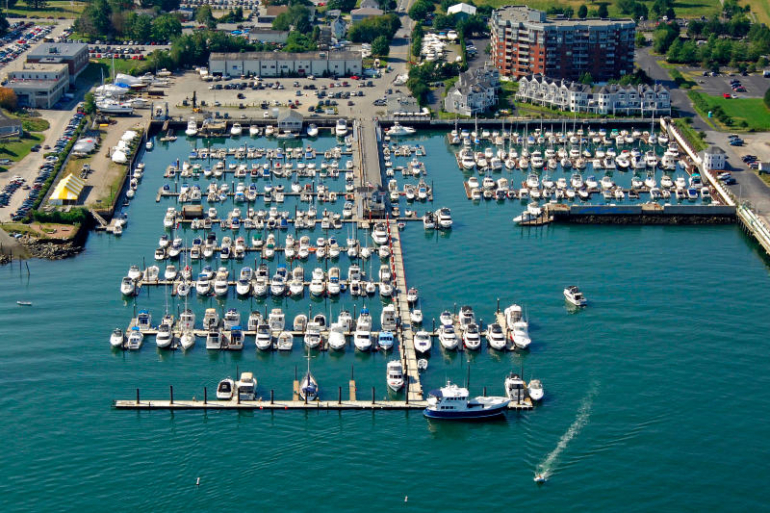
Clearly, Maine’s new megayacht impact fee is more than just a financial inconvenience for the ultra-rich; it’s a calculated step toward balancing the benefits and burdens of luxury vessels in the state’s waters.
